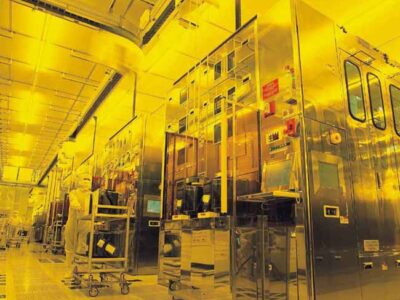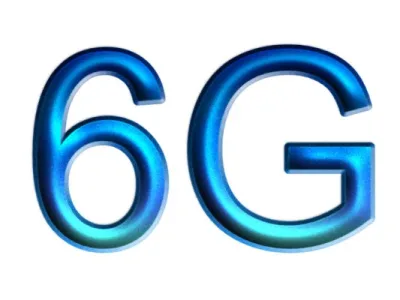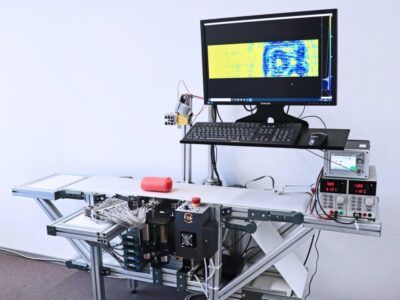
Researchers tout chip that mimics brain activity
The 400-transistor silicon chip can simulate the activity of a single brain synapse, the connection between two neurons that enables information to flow from one to the other.
The researchers explain that operationally, about 100 billion neurons in the brain form synapses with many other neurons. The presynaptic neuron releases neurotransmitters, which bind to receptors on the postsynaptic cell membrane, activating ion channels. Opening and closing those channels changes the cell’s electrical potential. If the potential changes dramatically enough, the cell fires an electrical impulse.
Synaptic activity depends on the ion channels, which control the flow of charged atoms such as sodium, potassium and calcium.
The MIT researchers designed the chip so that the transistors could mimic the activity of different ion channels. Current flows through the transistors on the new brain chip in analog fashion. A gradient of electrical potential drives current to flow through the transistors just as ions flow through ion channels in a cell.
“We can tweak the parameters of the circuit to match specific ion channels,” said Chi-Sang Poon, a principal research scientist in the Harvard-MIT Division of Health Sciences and Technology.
“We now have a way to capture each and every ionic process that’s going on in a neuron.”
Previously, researchers had built circuits that could simulate the firing of an action potential, but not all of the circumstances that produce the potentials. “If you really want to mimic brain function realistically, you have to do more than just spiking. You have to capture the intracellular processes that are ion channel-based,” Poon explained.
The new chip represents a “significant advance in the efforts to incorporate what we know about the biology of neurons and synaptic plasticity onto CMOS [complementary metal-oxide-semiconductor] chips,” remarked Dean Buonomano, a professor of neurobiology at the University of California at Los Angeles.
 If you enjoyed this article, you will like the following ones: don't miss them by subscribing to :
eeNews on Google News
If you enjoyed this article, you will like the following ones: don't miss them by subscribing to :
eeNews on Google News


